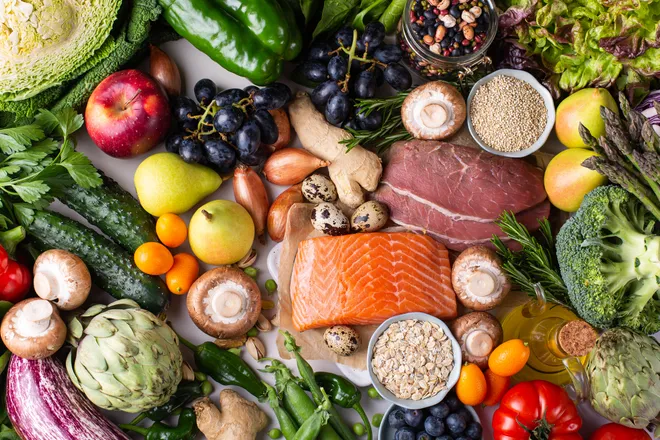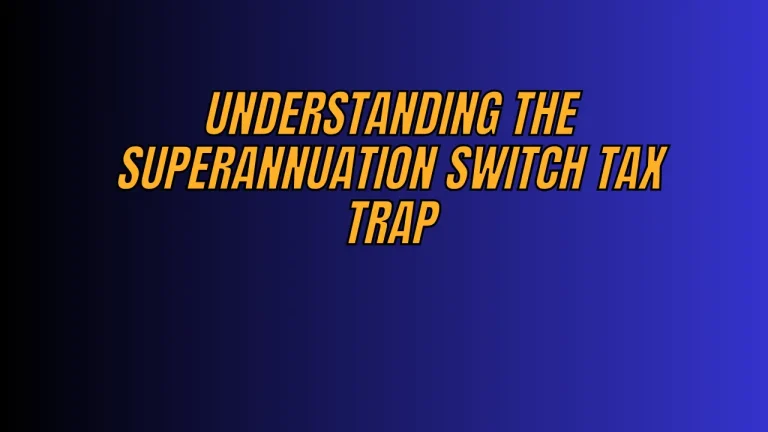We’ve all been there—reaching for snacks, not because we’re hungry, but because we’re overwhelmed, anxious, bored, or just…done. Stress eating isn’t about lack of willpower. It’s your body’s way of coping. The good news? You can learn to respond with compassion and control.
Here’s what to do when you find yourself eating from stress, not hunger:
1. Pause Before You Reach for Food
Give yourself 60 seconds. Take a deep breath. Check in. Ask:
“What am I feeling right now?”
You may notice emotions like frustration, loneliness, or burnout bubbling up. Identifying the feeling creates space between you and the food.
2. Name the Real Need
Stress eating is often a signal, not a solution. Maybe your real need is:
- Rest
- Comfort
- Connection
- Escape
Food may temporarily numb those feelings, but it doesn’t truly solve them.
3. Try a Non-Food Coping Tool First
Before you snack, try one of these:
- Journal or voice note your thoughts
- Take a short walk or stretch
- Sip herbal tea or cold water
- Listen to a favorite song
- Do a brain dump or to-do list to release the mental pressure
Even 5 minutes of these can calm the stress and reduce the craving.
4. If You Still Want the Food, Eat Mindfully
You’re not “bad” if you eat the cookie. But try to slow down. Sit, savor, breathe. Guilt-free, present eating often reduces the urge to binge or spiral.
5. Reflect with Curiosity, Not Judgment
Later, ask:
“What was I needing in that moment?”
This isn’t about blaming yourself—it’s about understanding your patterns and building new responses.
Final Thought:
Stress eating isn’t a failure—it’s a signal. When you learn to pause and respond with care, you begin to untangle the emotional knot behind the craving. That’s real progress.








